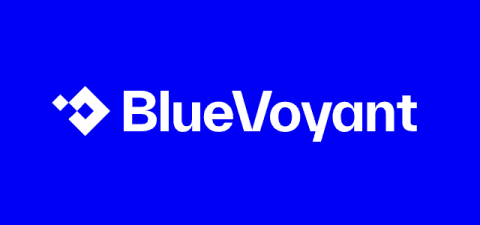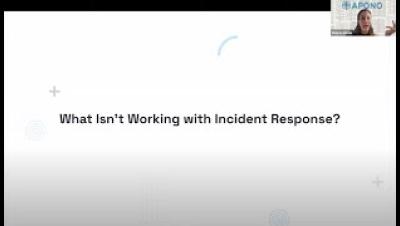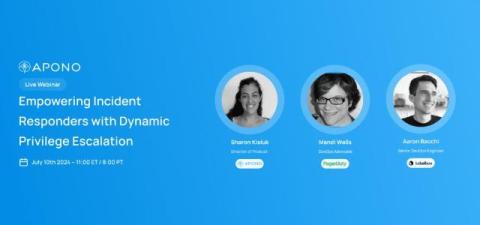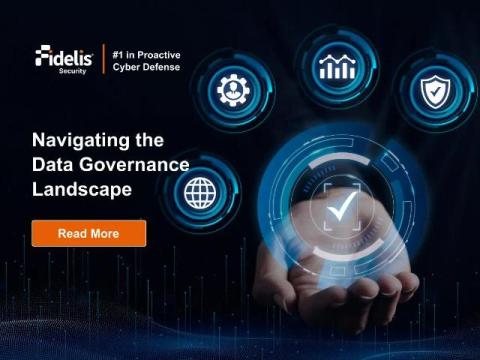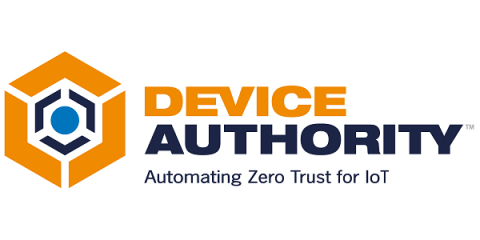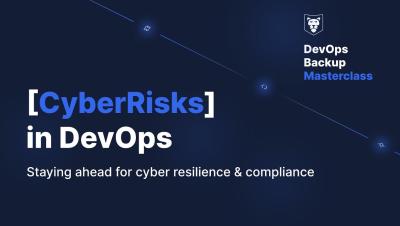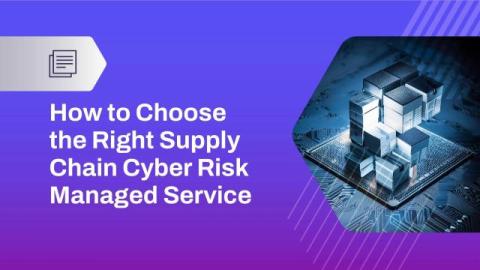What ended up on the cutting room floor after we sliced and diced the KEV
In the course of a major research rollout like my recent whitepaper on KEV vulnerabilities, I frequently end up doing some bit of analysis that doesn’t make it into the final doc. Usually, it is because I am dealing with limited space and attention spans, and I gotta stop sometime. The stuff that gets cut is usually not terribly compelling or surprising or is maybe more an artifact of the particular bias in our sample or is only interesting to a very small audience.




